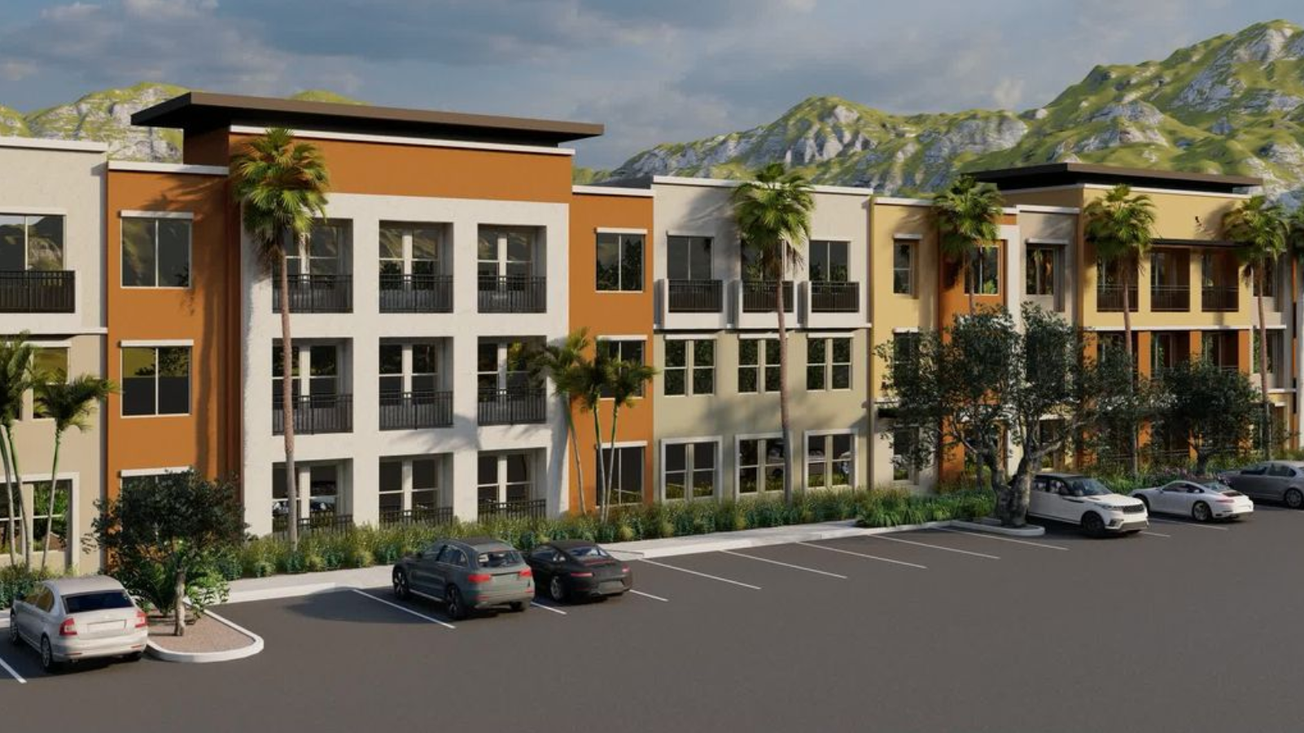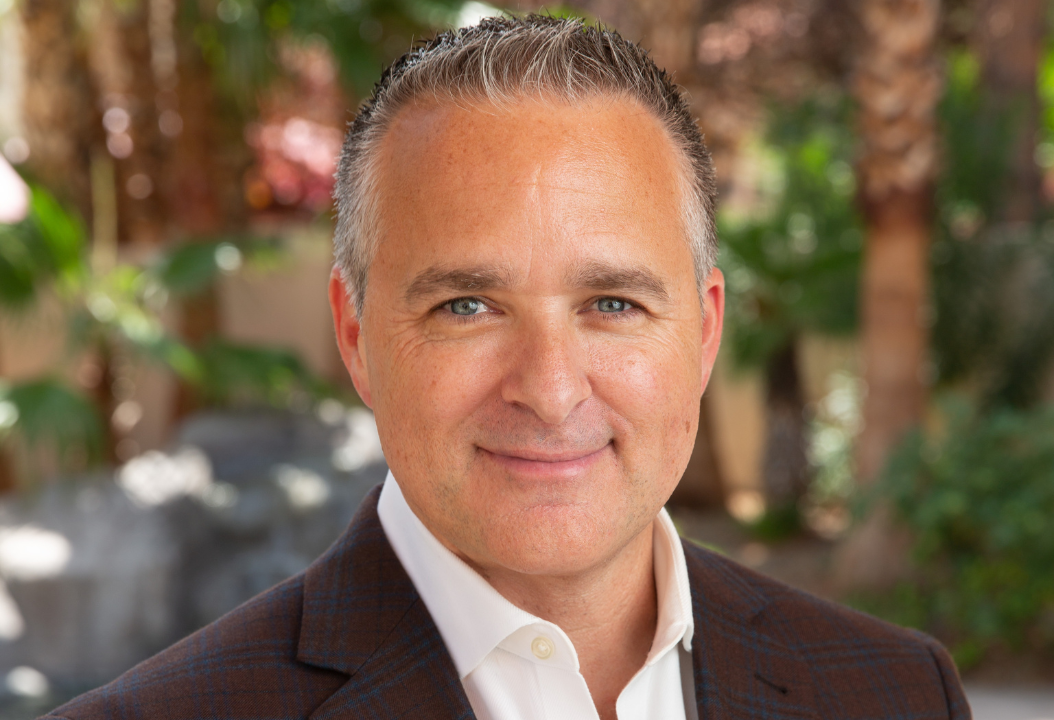Patrick Parker is the President of Raintree Investment Corporation and developer of Lake Las Vegas, a 3,600-acre resort community surrounded by its own 320-acre lake. Residents and guests enjoy the award-winning Reflection Bay Golf Club, Lake Las Vegas Sports Club, restaurants, hotels and year-round community events.
1) What were some key strategies you used to develop and transform Lake Las Vegas from the previous ownership to a thriving master planned community we are seeing today?
The best communities are the ones where people say “Oh, my friend lives there and they love it.” The problem was, when we took over Lake Las Vegas, things were very quiet – and very few people lived there. No one was there to say our community was great. Our key strategy was to make Lake Las Vegas more friendly, crowded, and busy. We opened the Lake Las Vegas Sports Club with the motto “Build a community of friends where people know your name.” We held events for residents…simple fun things to do like concerts and pet parades – encouraging people to call Lake Las Vegas their home. In the end, the full-time resident said, ”I love Lake Las Vegas,” and we knew our community was headed in the right direction.
2) How has the real estate development landscape changed over the course of your career? What are some of the biggest differences you've seen?
Southern Nevada has become the home for entertainment, great restaurants, golf and sports – the Best in the West. Years ago, our market was dominated by the idea that Las Vegas will be great and big and a year-round destination. Today, it is just accepted that Las Vegas has everything. How the times have changed with the Golden Knights, Raider Games and great concerts! People come to us for fun. What’s different now is that these visitors stay – and live here year-round. Our market has responded with the best new homes from people like Blue Heron, Toll Brothers and Pulte. Our real estate market is as modern and awarded as our culture – the Best of the West.
3) What are some of the biggest lessons you've learned from navigating multiple market cycles over your career?
In the US Marine Corps, they have a phrase: “Hurry up and wait.” I think real estate is the same. It always seems like we rush, only to find out that one thing slows us down. The trouble is “You don’t know what you don’t know.” So the thing that slows you down can come out of nowhere. My best lesson learned is the only path to getting something done is to talk about it – formally in meetings and informally on the phone. Talk, talk, talk – and hope you find “the thing” that is slowing you down so you can move everything forward.
4) Looking ahead, what types of real estate projects or markets do you see as attractive opportunities in the next 5-10 years?
Real estate projects are becoming more purpose driven. Age targeted, student housing, affordable housing and more. Yet, we forget that all new housing helps lower the cost of housing. Growth keeps prices from escalating by scarcity. At the same time, land is finite. As Mark Twain said, “they are not making more of it.” So, with a goal to continue growth with limited land and water, we need to repurpose land and design it at a very “local” level. People know what they want in their neighborhood. So let’s ask and build that with the purpose of giving a buyer or resident what they want, not what the developer or the city wants. That sounds tough to do, but we’ll try.









